Relocation of Litter Bins Aimed to Combat Fly-Tipping in our Community
In a proactive move to tackle the persistent issue of fly-tipping in some of our hot spot areas, we have made a decision to relocate a number of community litter bins. The initiative is designed to address the common problem of residents leaving mainly black bags of waste next to existing bins, leading to unsightly and environmentally harmful fly-tipping.
The decision to relocate a number of these bins follows a careful analysis of fly-tipping hotspots and community input, this includes bins located at Elan Close, Liquorpond Street roundabout, Haven Bank (next to Sluice Bridge) and Frampton Place corner. By relocating these bins from areas prone to illegal dumping, our aim is to discourage this irresponsible behaviour and foster a cleaner, more attractive environment for all residents.
While the relocation of litter bins is a crucial step, we are keen to emphasise the role of personal responsibility in waste disposal. Residents are reminded to use the street litter bins for their street litter only and refrain from leaving bags of household waste next to them. All households in the borough are provided with household wheeled bins and these are the main receptacles for household waste and recycling which are collected on a regular basis. Proper waste disposal not only contributes to a cleaner environment but also helps build a sense of pride and community well-being.
Councillor Callum Butler, Portfolio Holder for Environmental at Boston Borough Council, said: "As a councillor, I wholeheartedly support the relocation of these litter bins in our community to make sure that our bins are in the best possible locations for residents. This initiative reflects our commitment to creating a cleaner, more welcoming environment for all residents. It's a step towards addressing the persistent issue of fly-tipping, but success hinges on our collective effort.
"By working together, we can bring more pride into the streets in which we live."
In addition to physical changes, the local council also plans to focus on more targeted educational campaigns to raise awareness about the consequences of fly-tipping and the importance of responsible waste disposal.
As the community embarks on this collective effort to combat fly-tipping, optimism abounds that the strategic relocation of litter bins, coupled with enhanced community awareness, will lead to a cleaner, more sustainable living environment. The success of this initiative ultimately rests on the collaboration of residents and their commitment to upholding a shared responsibility for the well-being of the community.




